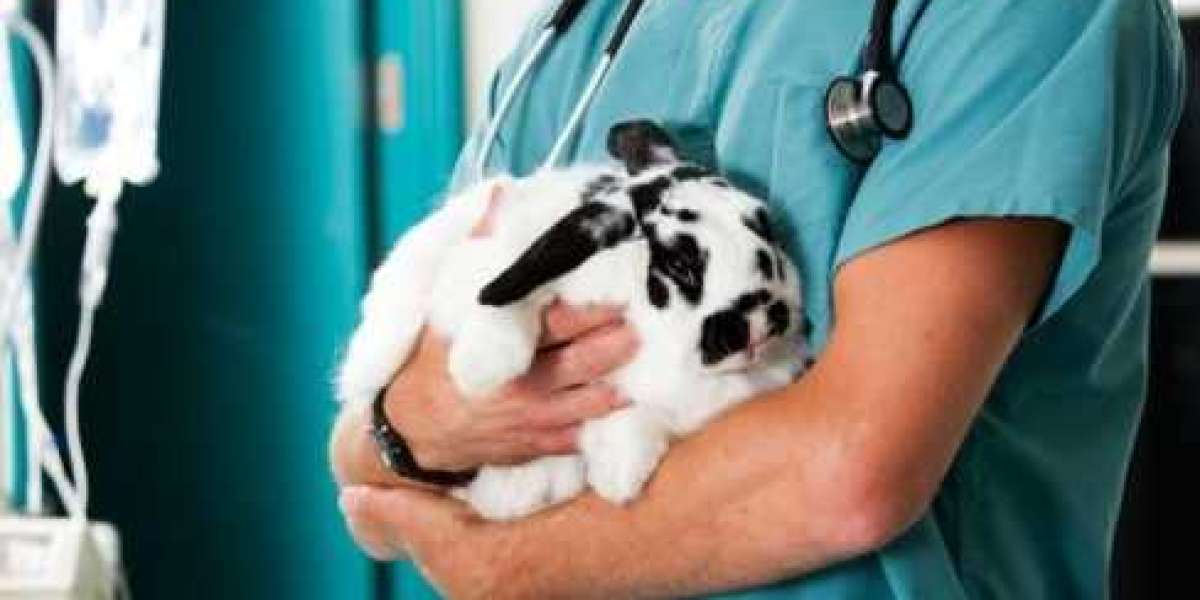Warning Signs of Sickness in Rabbits: What Every Pet Owner Should Know
Rabbits are adorable, loving, and social animals, but they are also highly sensitive creatures that can easily fall ill. Unlike cats or dogs, rabbits tend to hide their symptoms until the illness has progressed significantly. As a responsible pet owner, being able to recognize the early warning signs of sickness in rabbits is crucial for ensuring their well-being and seeking timely veterinary care. Here are some key symptoms to watch for.
1. Changes in Appetite and Drinking HabitsRabbits have a fast-moving digestive system that requires a constant intake of hay and water. If your rabbit suddenly stops eating or drinking, it could indicate a serious health issue such as gastrointestinal stasis (GI stasis), dental problems, or an underlying infection. On the other hand, excessive drinking may signal kidney disease or other internal issues. Always monitor your rabbit’s eating habits and seek veterinary attention if changes persist.
2. Reduced or Absent Fecal OutputA healthy rabbit
plenty of round, dry fecal pellets. If you notice a decrease in feces, smaller droppings, or an absence of droppings altogether, this could indicate a digestive blockage or GI stasis, which is a life-threatening condition. Soft or mushy stools can also be a sign of digestive distress and should not be ignored.
3. Unusual Posture or LethargyA rabbit that is hunched over, unwilling to move, or sitting in a corner for prolonged periods may be in pain. Healthy rabbits are active, curious, and alert. If your rabbit suddenly becomes lethargic, refuses to hop, or shows signs of discomfort, it could be experiencing pain from an internal issue, such as gas, infection, or even a severe injury.
4. Labored Breathing or Nasal DischargeRabbits are obligate nose breathers, meaning they rely heavily on their nasal passages to breathe. If your rabbit is breathing rapidly, wheezing, or has nasal discharge, it may be suffering from respiratory infections like snuffles (Pasteurella). This condition requires immediate veterinary care as it can progress quickly.
5. Changes in Grooming and Coat ConditionA rabbit that stops grooming itself may be unwell. Matted fur, dandruff, or bald patches could indicate underlying skin conditions, parasites, or stress. If your rabbit appears unkempt, it may be too weak or uncomfortable to clean itself properly, signaling a need for a health checkup.
6. Sudden Weight Loss or BloatingUnexpected weight loss can be a sign of dental issues, parasites, or an internal illness. Bloating, on the other hand, can indicate gastrointestinal issues, which can be fatal if not treated promptly. Regularly checking your rabbit’s weight and body condition is essential for early disease detection.
7. Teeth Grinding and Excessive DroolingWhile soft tooth grinding can indicate contentment, loud grinding is usually a sign of pain. Excessive drooling can indicate dental problems, such as overgrown teeth or abscesses, which can make eating difficult and require veterinary intervention.
Final Thoughts








